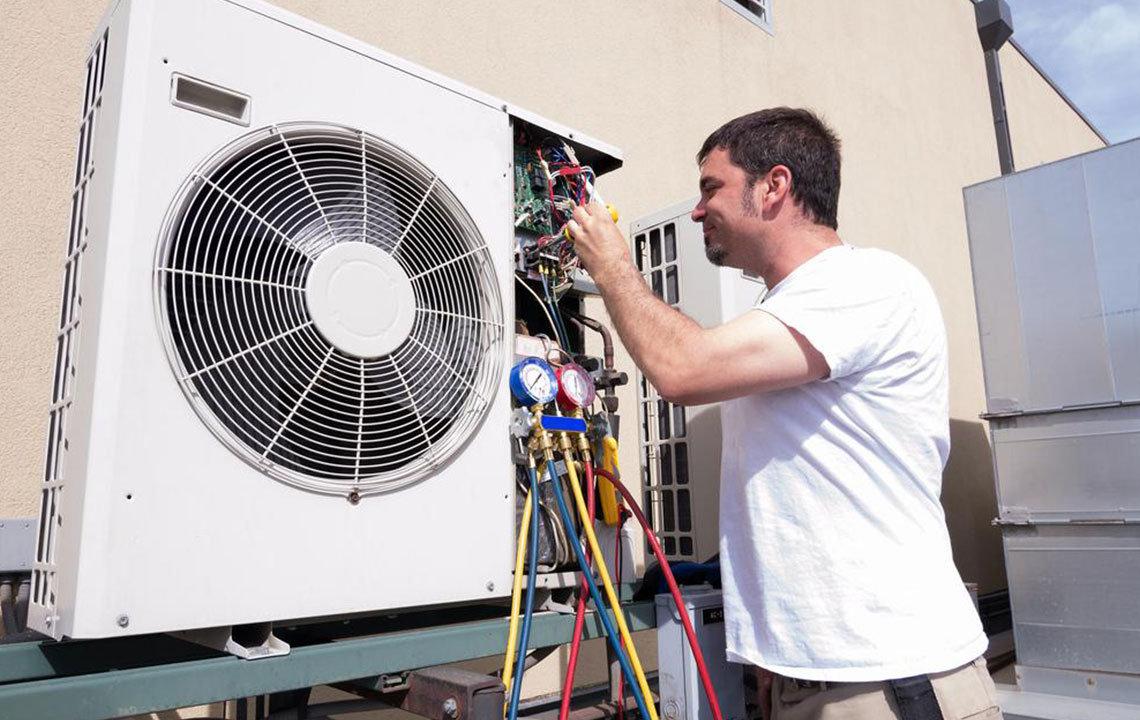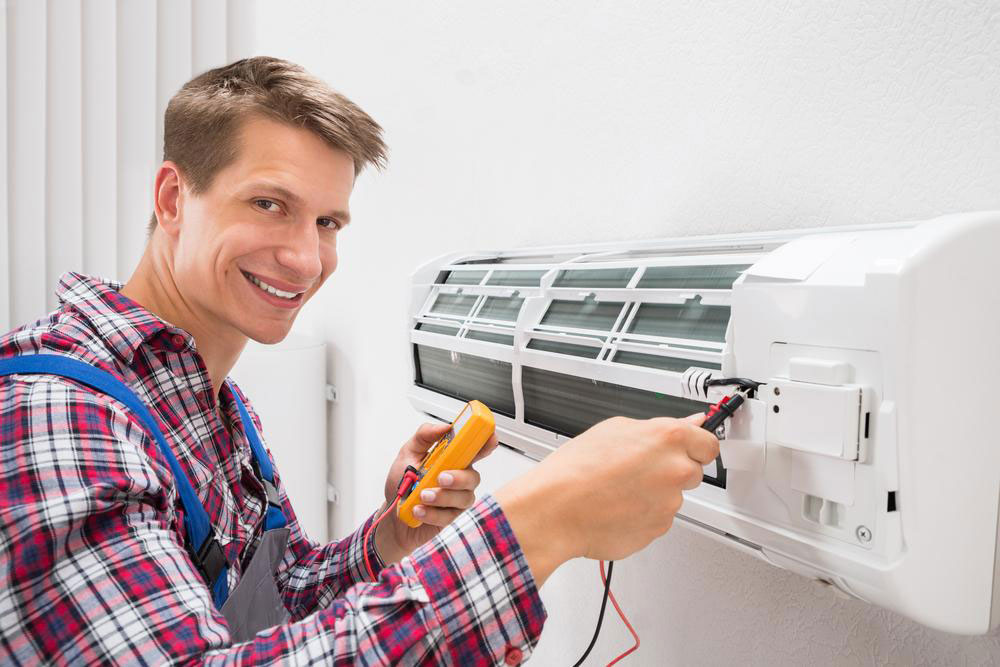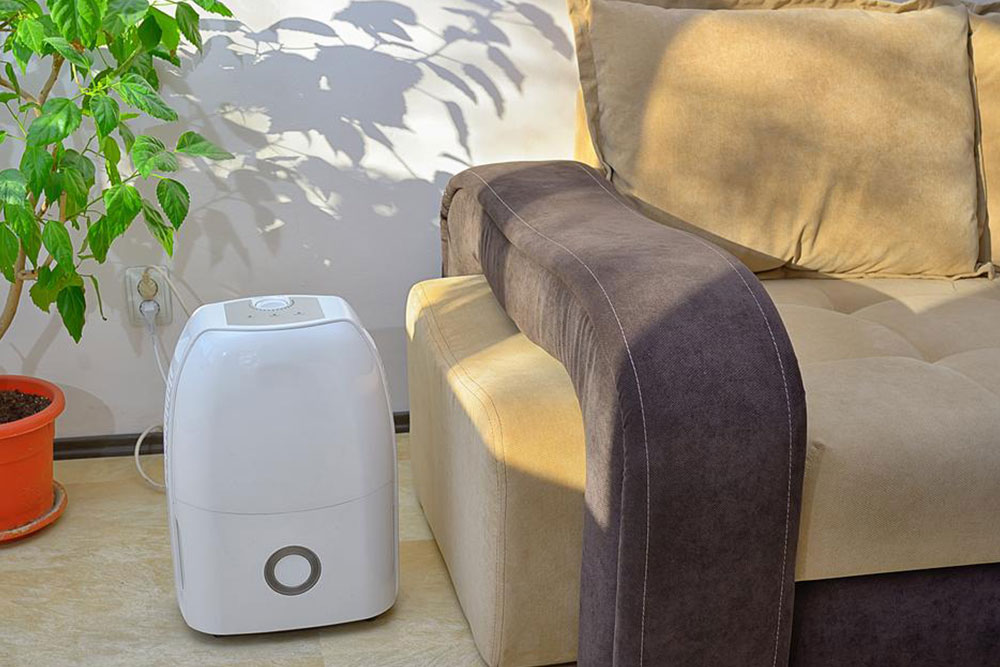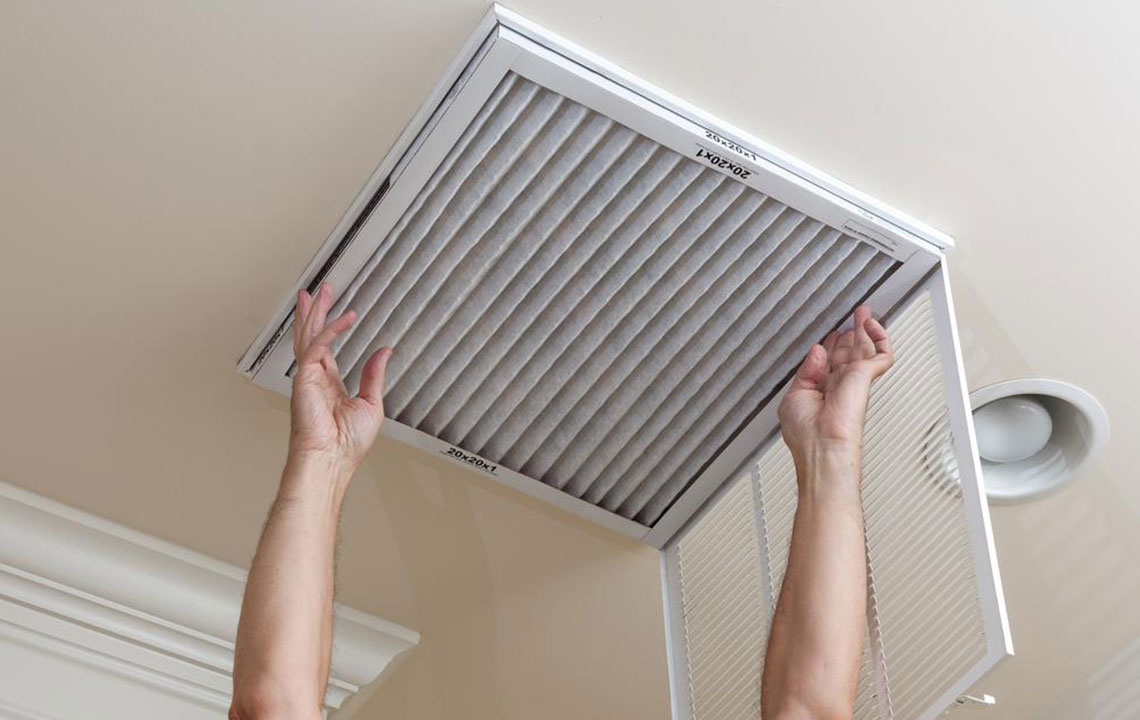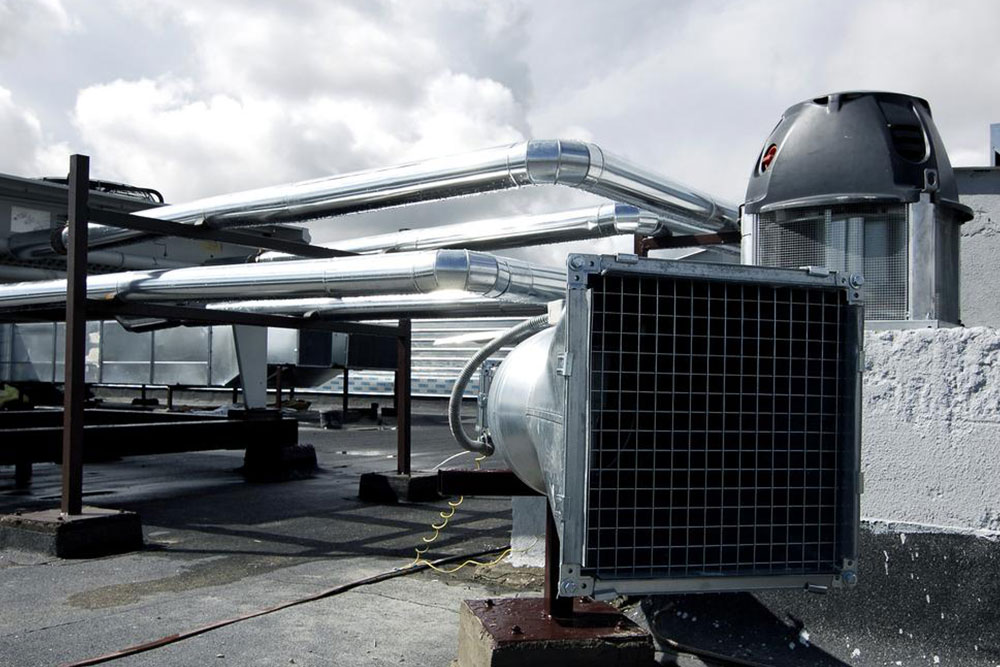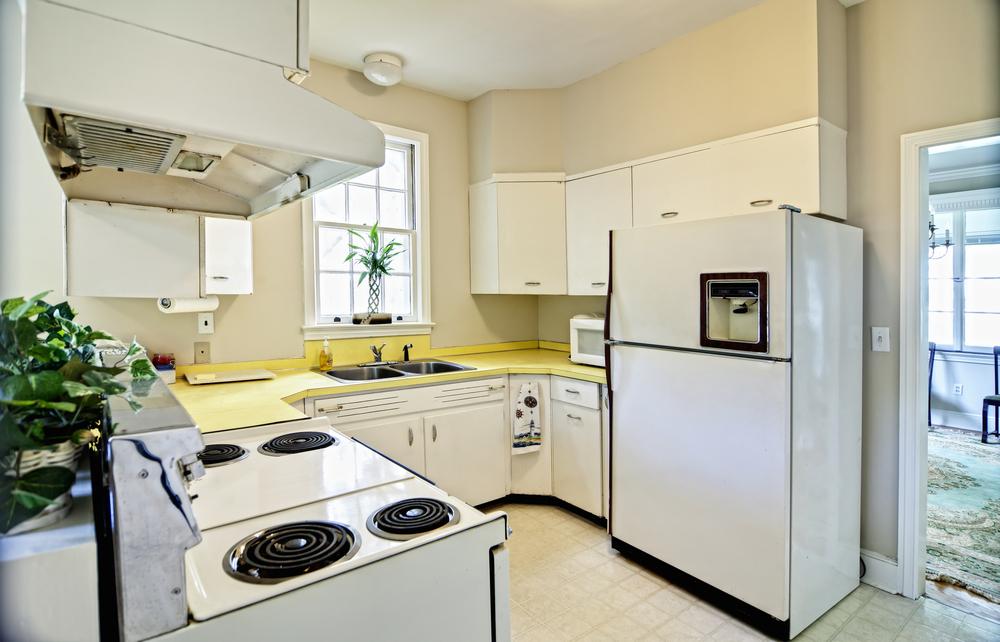Comprehensive Guide to Choosing the Ideal Air Conditioning System for Your Home
This detailed guide provides essential insights into choosing the perfect air conditioning system, emphasizing capacity assessment, energy efficiency, filtration features, and proper installation. It empowers homeowners to select units that deliver optimal cooling, long-term savings, and improved indoor air quality, making it an invaluable resource for making informed decisions amidst various market options.
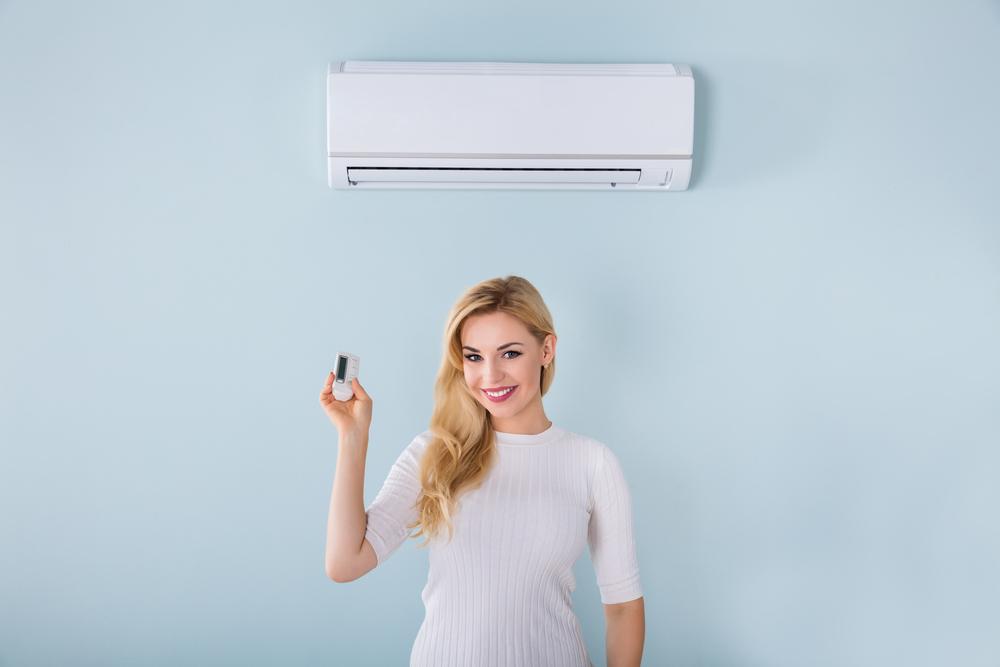
Comprehensive Guide to Choosing the Ideal Air Conditioning System for Your Home
In today’s fast-paced world, maintaining a comfortable indoor environment has become more crucial than ever. With rising global temperatures due to climate change, having a reliable and efficient air conditioning system is no longer a luxury but a necessity for many households and workplaces. Selecting the right air conditioning unit requires careful consideration of several factors, including the size of your space, energy efficiency, budget, and specific features. With a plethora of options available in the market—from traditional window units to advanced split systems—it can be overwhelming to make the best choice.
This comprehensive guide aims to assist you in understanding the key aspects of selecting the perfect air conditioning unit that aligns with your needs, preferences, and financial considerations. By paying attention to these factors, you can ensure optimal cooling performance, energy savings, and a healthier indoor environment.
Assessing Your Cooling Needs
The first step in selecting an air conditioning system is to determine the cooling capacity required for your space. This depends primarily on the size of the room, its insulation, sunlight exposure, and occupancy levels. Typically, cooling capacity is measured in tons, where 1 ton equals 12,000 BTUs (British Thermal Units) per hour.
For smaller rooms around 120-140 square feet, a 1-ton unit (roughly 12,000 BTUs) generally suffices. Rooms measuring between 150-180 square feet usually need a slightly larger 1.5-ton system (about 18,000 BTUs). For larger spaces exceeding 180 square feet, especially rooms with high sun exposure or poor insulation, a 2-ton or higher capacity unit is recommended to achieve effective cooling.
To calculate your room’s precise requirement, consider factors like ceiling height, number of windows, and the presence of heat-generating appliances. Consulting a professional for a load calculation ensures an accurate assessment, preventing both undercooling and unnecessary energy consumption.
Choosing the Right Type of Air Conditioner
Next, consider the type of air conditioning system that best fits your space and lifestyle. The two most common types are window air conditioners and split-system units.
Window units: These are single, compact units installed in a window or wall opening. They are generally more affordable and straightforward to install, making them suitable for small apartments or single rooms. However, they might limit airflow and are less aesthetically appealing.
Split systems: Consisting of an outdoor condenser and an indoor air handler, split systems offer more flexibility in placement and better air distribution. They are quieter and more energy-efficient, suitable for larger spaces or whole-house cooling. Advanced models may include smart controls, multiple fan speeds, and adjustable thermostats.
Prioritizing Energy Efficiency
Energy efficiency is a critical consideration, especially given the rising costs of electricity. Modern air conditioners come with star ratings—higher stars denote better efficiency. These ratings are provided by regulatory agencies and help consumers compare the expected energy consumption across models.
Opting for units with 4-star or 5-star ratings may involve a higher upfront investment but results in significant savings on electricity bills in the long run. Look for features like inverter technology, which optimizes compressor speed and reduces power consumption, leading to quieter operation and lower energy costs.
Air Quality and Filtration Features
Indoor air quality impacts health and comfort. A good air conditioning system should include reliable filtration components that trap dust, pollen, bacteria, and other pollutants. Features like multi-stage filters, activated carbon filters, or plasma ionizers can significantly improve indoor air quality, making your home healthier and more comfortable.
Budget Considerations and Long-Term Savings
Price remains a significant factor in your decision-making process. While budget options might seem appealing initially, they often lack advanced features like high energy efficiency or reliable filtration. Quality units tend to have higher upfront costs but are more durable and cost-effective over time, thanks to lower maintenance and energy bills.
Compare different brands and models, paying close attention to warranty packages and after-sales service. Sometimes, investing a little more initially can save you money and inconvenience in the future.
Comfort Features and User Experience
Modern air conditioners come equipped with a range of features designed to enhance user comfort. These include adjustable thermostats, multiple cooling modes, sleep timers, and remote controls. Some high-end models also offer Wi-Fi connectivity, enabling remote operation via smartphones or voice assistants.
Ensure the unit you choose provides quick cooling, maintains stable temperatures, and allows adjustments throughout the day to optimize comfort. Flexible fan speeds and direction controls also contribute to a more personalized experience.
Proper Installation and Maintenance
Correct installation by certified professionals is crucial for the optimal operation and longevity of your air conditioning system. Improper setup can lead to issues like poor cooling performance, excess noise, or higher energy consumption.
Discuss installation costs and procedures with your vendor beforehand. Regular maintenance, including filter cleaning or replacement, coil cleaning, and annual servicing, extends the lifespan of your unit and ensures consistent performance.
Making Your Final Decision
Once you have considered all these factors, it’s time to select the most suitable air conditioning system for your household. Prioritize energy efficiency, capacity, and features that align with your needs and budget. Remember, the right unit not only cools effectively but also reduces energy costs and improves indoor air quality.
Investing in a high-quality, properly installed air conditioner ensures comfort, health, and savings for years to come. Stay informed about the latest innovations and seek professional advice to make the most effective choice.
